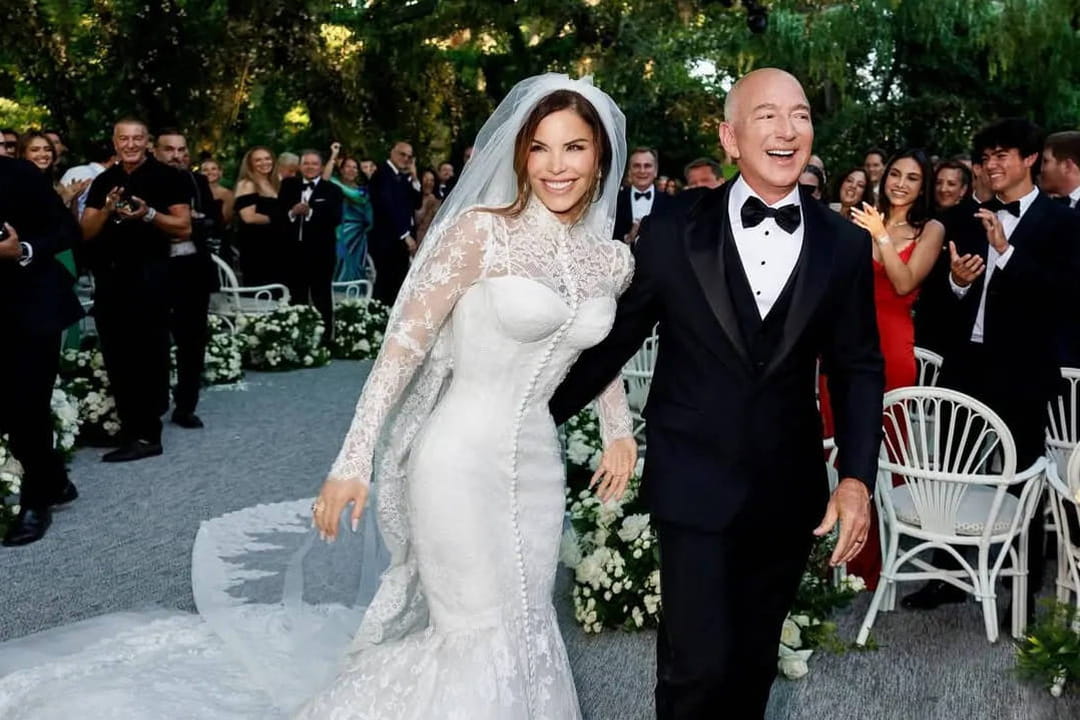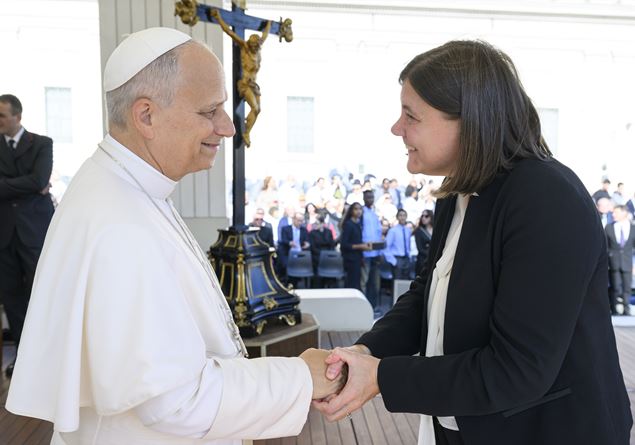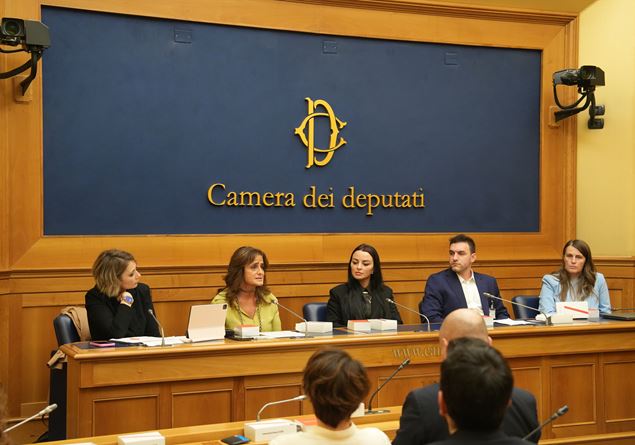by Adriano Bordignon*
The recent order of Cassation n. 20415/2025, while referring to a very particular case albeit not new, offers a precious opportunity to reflect on the structural differences between marriage and other contracts.
Those who marry invest energy, time and resources to design and build a common life. Once destined for the family, these resources remain linked to you in the event of dissolution of the marriage. In most separations, in fact, something of the family survives: the maintenance, the care of the children, the need for a house to welcome them, the management of common goods that continue to serve the family unit.
Thinking of “liquidating” the family as it is done with a society, closing accounts and starting active, means ignoring the reality of bonds and responsibilities that do not cease with the breakdown of coexistence.
Marriage is not a simple mutual agreementstipulated to receive a service or good in exchange for more, but to build a life project together.
It is a mutual commitment that implies availability to serve the other and contribute to the well -being of the family community without conditions or mental reserves or rules already established.
Here lies the substantial difference with contracts: in the latter, not constituting existential involvement the essential aspect, every aspect can be programmed, establishing output clauses, fixing terms and limits. In the family, however, real life escapes any rigid scheme. Nassers, diseases, necessary renunciations for the common good cannot be provided.
A premarital pact, by its nature, is instead an anticipatory agreement: today it defines what should happen tomorrow, subordinating future choices to the occurrence of uncertain facts, conditions, to which to attribute pre -established economic consequences. In doing so, a capital control logic typical of contractual relationships is introduced into marriagewho badly reconciled with the idea of giving himself entirely and without reservations.
The risk is to transform the marital union into a normal permanent relationship, where the commitment to contribute to family well -being lasts until it is convenient.
We end up measuring family life with the tools designed for businesses. However, the family is much more, having as its objective not so much the economic sustainability of the activity carried out, but rather the establishment of a primary social unit, an essential and fundamental element of the community and the common good, within which its members play a role of general relevance, transcending the merely private sphere. All this makes the family, and its generative activity of new life and mutual care, but also of sociality and solidarity, a reality that does not extinguish with a simple act of will. Therefore, making the premarital pact applicable to marriage applicable means questioning the reality just described, and distorting marriage, reducing it to a simple contract of mutual economic assistance. Is this what we want?
*President Forum Family Associations









